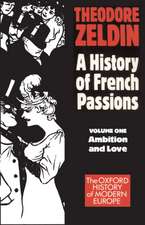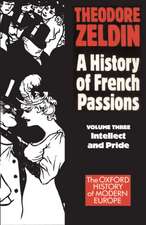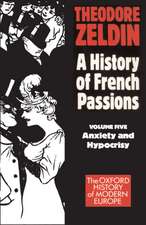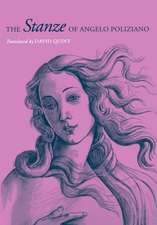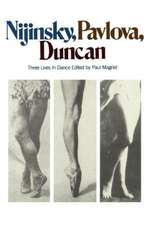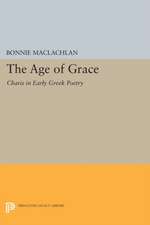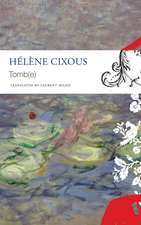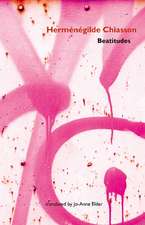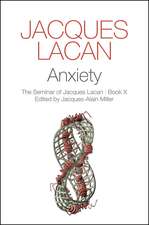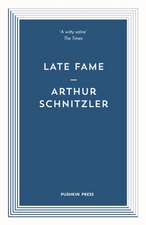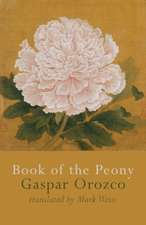Unavowable Community: Reading His Work Into Poetry Now
Autor Maurice Blanchoten Limba Engleză Paperback – 4 sep 2000
Preț: 80.19 lei
Nou
15.35€ • 15.85$ • 12.76£
Carte disponibilă
Livrare economică 26 februarie-12 martie
Specificații
ISBN-10: 1581771045
Pagini: 90
Dimensiuni: 150 x 224 x 10 mm
Greutate: 0.2 kg
Editura: Barrytown Limited
Descriere
THE UNAVOWABLE COMMUNITY is an inquiry into the nature and possibility of community, asking whether there can be a community of individuals that is truly “communal.” The problem, for Blanchot, is that the very terms of an ideal community make an “avowal” of membership in it a violation of the terms themselves. This meditation ranges from the problematic effects of a defect in language to actual historical experiments in community. The latter involves the life and work of George Bataille whose concerns (e.g. “the negative community”) occupy the foreground of Blanchot’s discussion. Taking as his point of departure an essay by French philosopher Jean-Luc Nancy, Blanchot appears once again as one of the most attentive readers of what is truly challenging in French thought. His deep interest in the fiction of Marguerite Duras extends this inquiry to include “The Community of Lovers,” emerging from certain themes in Duras’ recit, The Malady of Death. As Blanchot’s first direct treatment of a subject that has long figured in or behind his work, this small but highly concentrated book stands as an important addition to his own contribution to literary, philosophical, social, and political thought, figuring as it does at the center of the emerging concern for a redefinition of politics and community. Readers of Blanchot know not to expect answers to the great questions that move his thought - rather, to live with the questions at the new level to which they have been raised in his discourse


